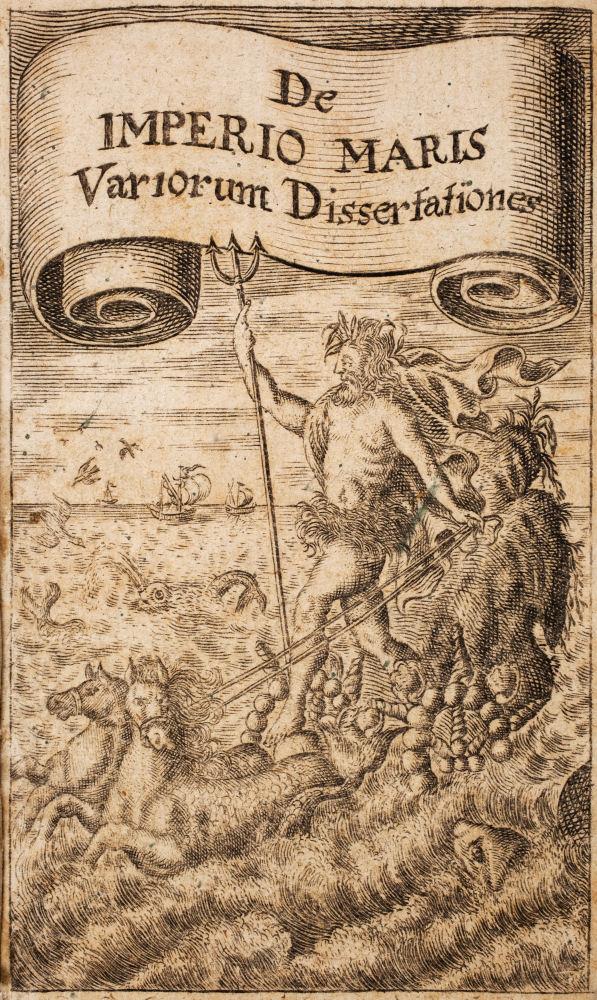States between states: The history of international political thought from the Roman empire to the early nineteenth century

What is the ‘political’ in the history of political thought? In his Politics, the Greek philosopher Aristotle understood ta politika – the ‘political things’, politics, of his title – to be those things that concern the polis, the city-state that was the central unit of (precisely) political organisation in ancient Greece. This covered everything from the motivation and rationale of the polis, its constitutional structure, who qualified for citizenship, the nature of its government, to political safety strategies on the one hand and musical education on the other. At its base it involved a narrative about human beings forming into a political community for ends that cannot otherwise be achieved. This narrative, in multiple permutations, has been central to the tradition of Western political thought, and its focus is primarily on the relationship of citizens to fellow-citizens, and citizens to government, within one political unit, what we call ‘the state’. And yet, even in Aristotle’s Politics it is clear that the polis does not exist in isolation. The lives of its citizens demand slaves, who need to be ‘hunted’ abroad. Thus the polis must stretch out into space beyond itself. And it needs goods, which means merchants living within it who are nevertheless not part of it, not citizens. Thus the outside comes in. These inside/outside relations impact on the very theorisation of the polis itself, as Aristotle defines the relationships and laws between citizens against both commercial treaties and military alliances: both of which might look uncomfortably like political relations, but which for Aristotle’s purposes must, crucially, be excluded as such.
The ‘global turn’ in modern political thought, just as in history, has interested itself in both of these dimensions of inside/outside: how the state extends beyond itself into the space of others, and conversely how that extension impacts in turn back on the state itself. From a theoretical point of view, the concept of the ‘political’ itself is stretched and put in question. Both at the level of government and at the level of citizenship, new spaces of politics open up, spaces that we – for a want of vocabulary which is, precisely, part of our intellectual heritage – might call for convenience ‘international’, but which might better be labelled ‘inter-political’ or ‘trans-political’. For the international is merely one, historically specific (and, for some, increasingly passé), way of constructing the space between states: a word with which by now we are familiar and comfortable, but which involves multiple assumptions and disguises dimensions of our political existence which might be less familiar, more exciting, but also less comfortable as well.
In this paper, then, we look historically at the different ways in which this ‘international’ space has been constructed. We begin in ancient Rome, with a word, Imperium, that of itself crosses the inside/out divide, being both a word for ‘internal’ rule and a word for the concrete, ‘external’ extension of rule – the ‘empire’; and we end with intellectual challenges to European conceptions and practices of empire in the early nineteenth century. Importantly, however, the intellectual history of the ‘inter-political’ or ‘international’ is not simply the intellectual history of imperial formations. As the paper shows, this dimension of the history of political thought involves all sorts of ‘inter-political’ concepts, ‘states between states’: unions, federations, confederations, composite monarchies, leagues, alliances, friendly states, hostile states; as well as new spaces of ‘inter-political’ citizenship.
As historians of political thought in Cambridge have always insisted, awareness of the historical contingency of our political vocabularies is a fundamental resource in being able to think critically about the concepts of the present and imaginatively about possible concepts of the future. This is why Paper 5 looks both at the history of 20th century political thought and at present-day political thinking: the two go together. Paper 6 is designed as a paper in the history of political thought, but a paper that intersects with some of the most exciting new developments in current political thinking and indeed in the current practice of history more generally.
Frontispiece of a collection of treatises on the 'empire' or imperium over the sea, published by Joachim Hagemeier in Frankfurt am Main, 1663. Amongst other works, this collection contains Hugo Grotius' seminal Mare liberum of 1609.
This material is intended for current students but will be interesting to prospective students. It is indicative only.
